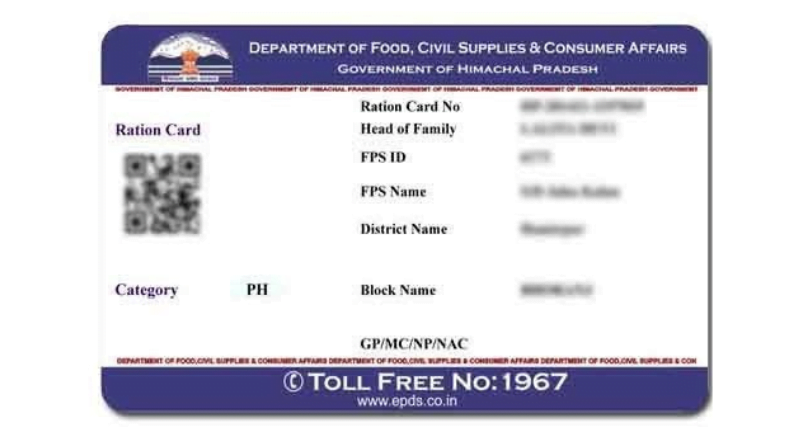
In the midst of India’s busy cities and calm villages, there’s a crucial lifeline for many – the ration card. This simple card ensures that a significant number of people can afford basic food, protecting their right to have enough to eat. This guide takes a closer look at ration cards in India, covering their history, types, benefits, and how to get one.
Ration cards in India have been around since the time of British rule, introduced to manage food shortages during World War II. After independence, they continued to be used to distribute food, especially during tough times.
Different Kinds of Ration Cards: Meeting Various Needs
India’s ration card system has different types, each for specific groups:
- Antyodaya Anna Yojana (AAY): This helps the poorest by giving them cheap food grains.
- Priority Households (PHH): Covers a wider group of low-income people, ensuring they get discounted food grains.
- Above Poverty Line (APL): Initially for those above the poverty line, but some states don’t issue these anymore.
Ration cards offer many advantages:
- Discounted Food Grains: Cardholders can buy essential grains like rice, wheat, and sugar at lower prices, ensuring good nutrition on tight budgets.
- Emergency Food Source: Ration cards help during emergencies like natural disasters or economic crises, providing a reliable food source for vulnerable groups.
- Social Welfare: Ration cards improve overall well-being by tackling food insecurity, boosting nutrition, and supporting social welfare.
Getting a ration card is usually simple:
- Check Eligibility: See if you meet the criteria based on income, residence, and family.
- Application Form: Get the application form from the government office or an authorized representative.
- Submit Documents: Include documents like ID, proof of residence, and income with the completed form.
- Verification and Issuance: Once the documents are checked, the card is processed, and you get your ration card.
Ration cards are now a crucial part of India’s society, making sure millions have enough to eat. By offering discounted food, they empower individuals and families, especially those in need, to meet basic needs and contribute to a fairer society. As India moves forward, ration cards will likely stay important for social welfare, making sure everyone has the right to accessible food.



